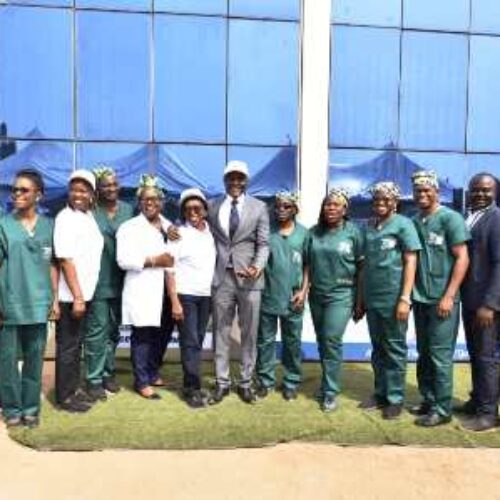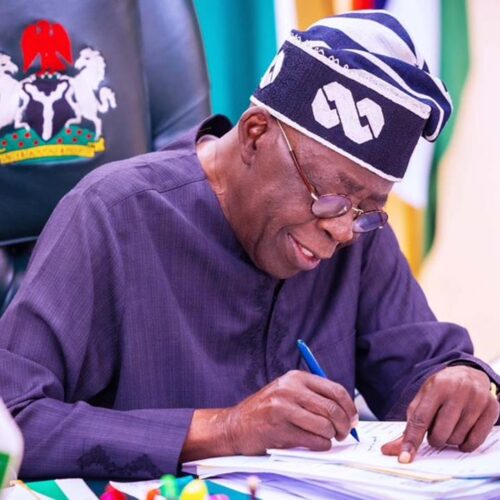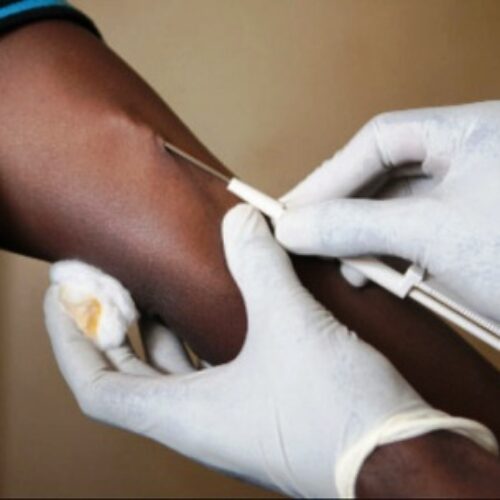Nigeria, UNODC rally multi-national efforts to thwart piracy in Gulf of Guinea
• West Africa loses $2.3 billion to maritime crime in 3 years
ABUJA – The total economic cost of piracy in West Africa has been estimated as $777.1 million annually between 2015 and 2017 in addition to human costs as the Gulf of Guinea experienced an escalation of piracy, kidnapping and armed robbery at sea incidents in recent years.
A 2018 report stated that attacks in the region more than doubled in 2018, accounting for all six hijackings worldwide, 13 of the 18 ships fired upon, 130 of the 141 hostages taken globally, and 78 of 83 seafarers kidnapped for ransom. According to thereport, the economic effects on countries like Nigeria and its trading partners are especially burdensome.
The report stated further that in the last three months of 2018, 41 kidnappings were recorded in waters off Nigeria alone. In October 2018, 11 crew members were kidnapped from a container vessel 70 nautical miles off Bonny Island, Nigeria. Two days later, pirates in a speedboat hijacked a tanker underway 100 nautical miles off Point Noire, Congo.
Eight of the 18 crew members were kidnapped. These are just two recent examples of how armed criminals are reaching further out to sea and targeting a wider variety of ships: bulk carriers, container vessels and general cargo vessels in addition to local attacks on tankers, oil industry support vessels and fishing vessels.
Worried by the trend of criminality within the West Africa sub-region, Nigeria participated actively in the 2019 Exercise Obangame Express, a multi-national maritime exercise sponsored by the United States Military Africa Command (AFRICOM) and attended by 33 countries from West Africa, Europe and North America. The Exercise carried out weeks of maritime training to improve safety against pirates and to improve the monitoring of the coastline.
The training which witnessed deployment of 2,500 personnel, 95 ships and 12 aircraft was aimed at improving regional cooperation, maritime domain awareness, information-sharing practices and tactical interdiction expertise to enhance the collective capabilities of the Gulf of Guinea and West African nations to counter sea-based illicit activities.
With a view to covering the legal aspects of this exercise at sea, UNODC, in cooperation with Interpol and the support of the US Bureau of International Narcotics and Law Enforcement Affairs (INL), developed simulated trialsusing the Obangamemaritime exercise as a platform for training prosecutors and investigators in handling the piracy and maritime crime scenarios played at sea during the exercise.
In April, UNODC and INTERPOL organisedin Lagos the first of the series of simulated trials, using aspects of the piracy bill currently under consideration by the Nigerian national Assembly. The simulated trialswere based on arrests and evidence collected from the Obangame exerciseandinvolved the cross examination of expert witnesses by a prosecuting and defense team with a presiding Judge of the Federal High Court. Interpol cooperated in building the simulated trial through preparingall witnesses for cross examination.
Commenting on the simulated trial, Mr. Yusuf Abdulkadir, a senior prosecutor and head of the Maritime Crime Group in the Federal Department of Public Prosecution, remarked that “the simulated trial has created an avenue for prosecutors and investigators to test-run the draft piracy bill and see the possible challenges that could come up with operationalizing the bill when it is finally passed into law.”
The United Nations Office on Drugs and Crime (UNODC) has been working with the Nigerian Authorities and other international partners already since 2015 to stave off the threat of piracy and maritime crime in Nigeria through capacity building, fostering interagency cooperation and strengthening the legal and policy framework.
However, all these efforts to strengthen Nigeria’s response to piracy and maritime crime are bound to remain ineffective without a strong legal framework. Since 2015, UNODC through its Global Maritime Crime Programme has been supporting the Federal Ministry of Justice, to prepare the ‘Suppression of Piracy and other Maritime Offences Bills 2017’ currently before the National Assembly.






0 Comments
No Comments Yet!
You can be first to comment this post!